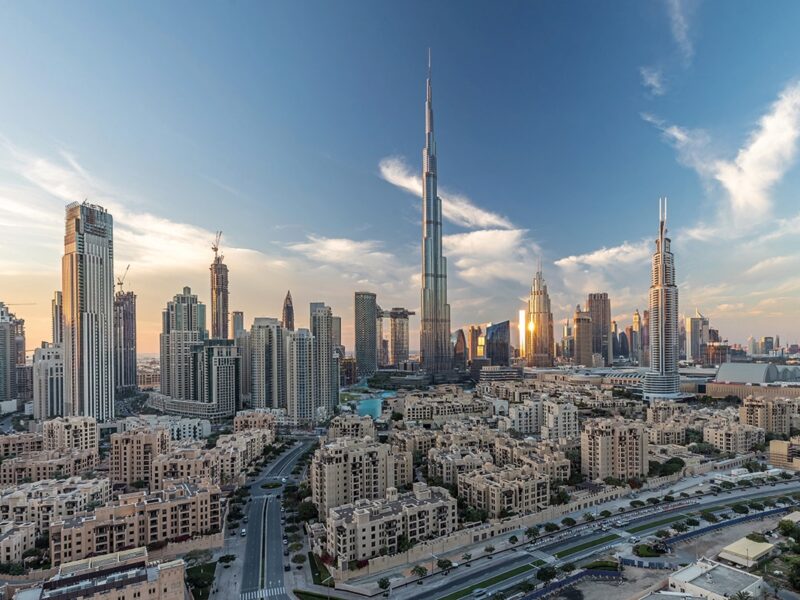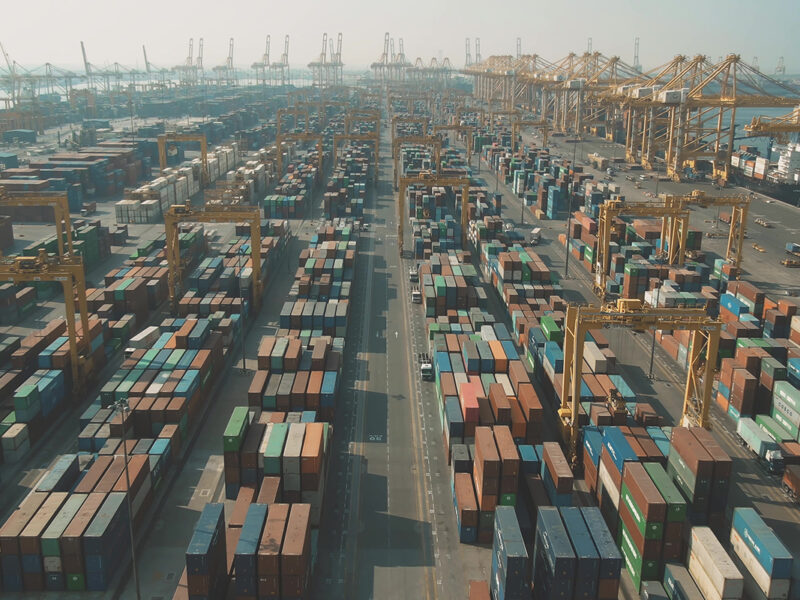An addiction treatment centre based in Thailand, exclusively dedicated to clients from the MENA region, is expanding.
The Cabin Group has operated in Chiang Mai, northern Thailand, since 2010, treating clients from the Middle East and North Africa. Up to six people at a time can receive treatment through the eight-week programme at a cost of $30,000 per person.
But this will change in September with the launch of Salam – a privately funded tailored speciality programme for those aged 18 and over, which integrates the traditions and values of the MENA region – with the potential to treat up to 15 clients.
George Andrawis, programme director and MENA ambassador at Salam, told Arabian Business the service, which caters for everything from alcohol and drug addiction (cocaine, ecstasy, MDMA and prescription drugs), through to process addictions like gambling, shopping, exercise and eating disorders, was of “vital importance’’ to be able to offer a service that would be accessible and inclusive to this demographic.
He said: “We are providing a space where addicts can flee to and be free from societal pressures and judgement.
“A lot of our clients come to treatment with feelings of shame, guilt and stigma. At Salam they are able to have an open and honest conversation about their addiction and the issues that underline it. We give them a safe space to process these emotions and access to world-class treatment.”
.jpg?E6cf5cwn) George Andrawis, programme director and MENA ambassador at Salam.
George Andrawis, programme director and MENA ambassador at Salam.
According to the recent ASDA’A BCW Arab Youth Survey, 57 percent believe drugs are easy to obtain in their home country, with the data ranging from 70 percent in the Levant countries to 32 percent in the GCC.
Peer pressure was the main reason giving for this rise by 62 percent of respondents, followed by stress relief (45 percent), boredom (43 percent) and lack of entertainment options (41 percent).
Andrawis revealed there was a wide range of clients treated at the centre. He said: “We’re treating clients from a variety of different backgrounds and countries in the MENA region. Our clients identify in lots of different ways and our programme embraces and supports diversity.”
Treatment at Salam is administered by a multidisciplinary team of highly experienced, Western trained, licensed addiction specialists. The bilingual, Arabic and English-speaking staff include behavioural and mental health therapists, support workers and a chef from the MENA region.
Half Egyptian and half Sudanese, Andrawis, who has lived in Saudi Arabia, Egypt and in the UK undertook a BA in Criminology and Applied Psychology in 2005. Several years later, he enrolled at the London Institute for Psychoanalysis for an introductory and foundation degree, covering areas such as eating disorders, paranoia, borderline states, and psychosomatics.
This led to him completing a Post Graduate qualification in Intercultural Psychotherapy in 2010 at The Tavistock and Portman NHS Trust and later gaining a Masters qualification in Psychodynamic Psychotherapy.
“I like to work psychodynamically, which means sessions are focused on your unconscious, early relationships, and development as a way of understanding your current moods, behaviour, decisions and patterns. People find this model helpful as they usually feel their problems are complex and deep rooted,” he said.

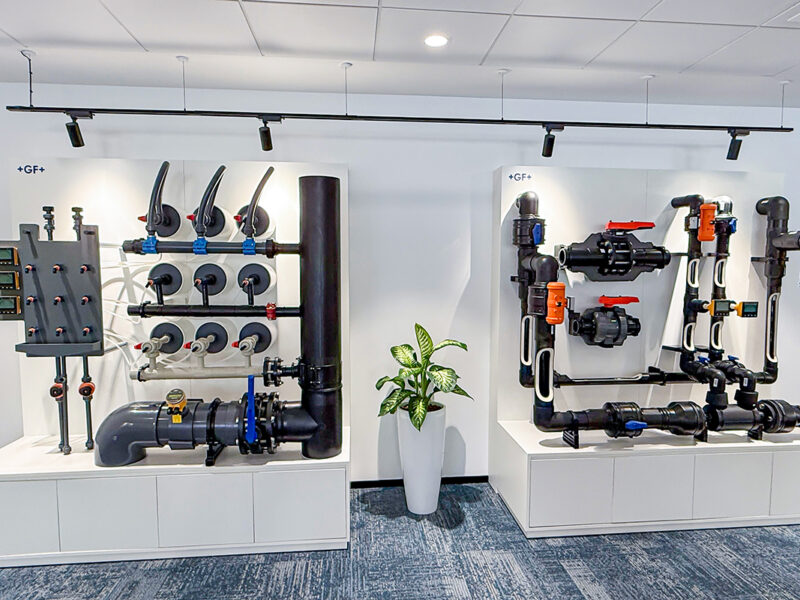
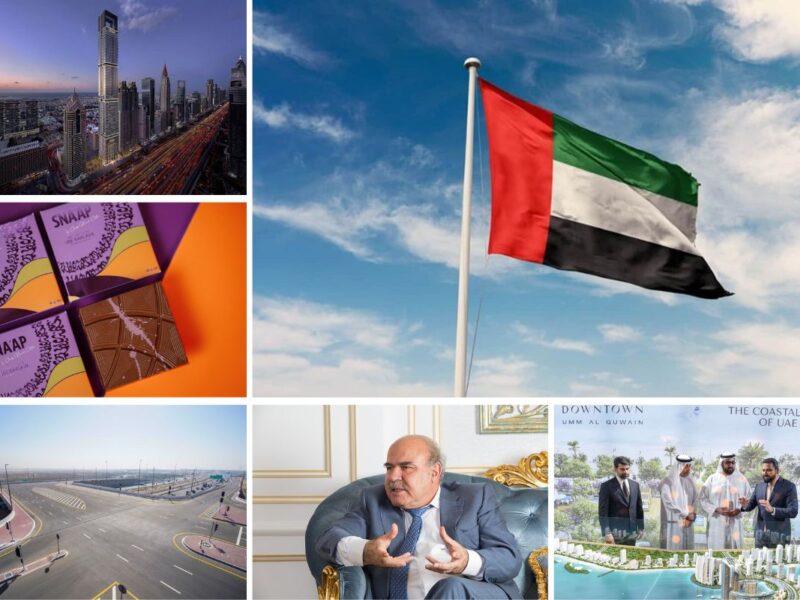
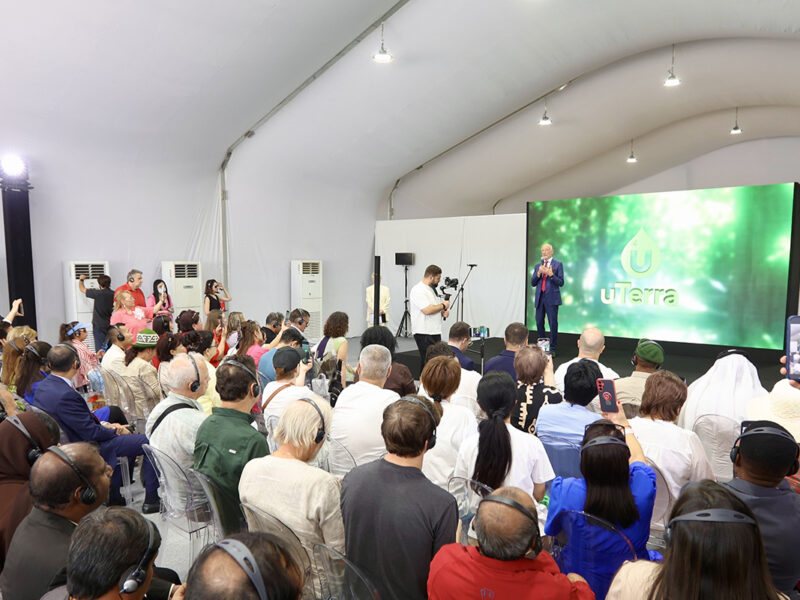
-1200x790.jpg)


